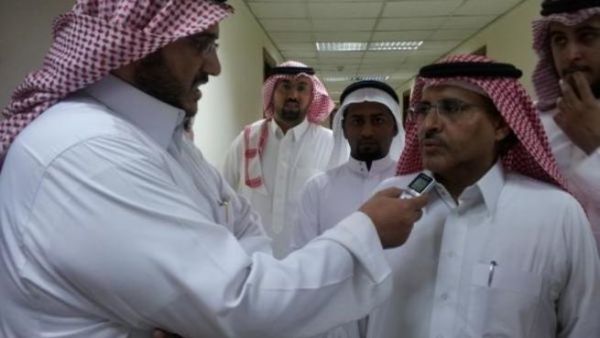Dr. Hamed Qahtani was just an economics professor researching statistics on poverty in Saudi Arabia until the Kingdom’s government took a dislike to his findings. Now he finds himself on trial, facing nine charges ranging from ‘setting up an unlicensed organization’ to ‘breaking allegiance to the king.’
He could be sentenced to up to five years in jail if convicted but there will be neither journalists nor family members at the hearing. The trial, which began yesterday, was initially attended by both but midway through the judge decided he would no longer tolerate live reports of the case.
Saudi reporter Iman al Qhatani said the judge threatened members of the press with detention if they didn’t leave the courtroom. So what did Dr. Hamed do to justify such harsh conditions?
Last July the professor published an article in ‘Wasat’ newspaper in Saudi stating that the middle class in the Kingdom had declined by 30%. The report hinted at a level of poverty that the Saudi government is keen to deny. They claimed that Dr. Hamed was hindering the development of the state by publishing economics research that did not toe the Saudi government line.
If convicted, human rights groups claim Dr. Hamed will be a political prisoner, which directly undermines the Kingdom’s claims that they don’t have any such people. Saudi netizens were quick to criticize, saying the court case was more ‘plot’ than ‘trial’ and accusing the government of a cover-up.
Journalists like Iman al Qhatani told the judge that she was within her rights to report the outcome of a public trial but was she? Last year the government issued a further crackdown on an already heavily censored national media.
The royal decree from King Abdullah banned anything that might “undermine national security”, a vague term that allows the government to censor anything remotely critical.
Global human rights NGO, Amnesty International, has appealed to Saudi for permission to observe the trials of four activists, including Dr. Hamed that they deem ‘unfair’ by international standards but so far to no avail. They say judges have the right to bar whoever they like from the courtroom. This means that it’s possible justice will be done but it certainly won’t be seen to be done.
Do you think trials should be open to the public? Is it important? Tell us your thoughts below.







